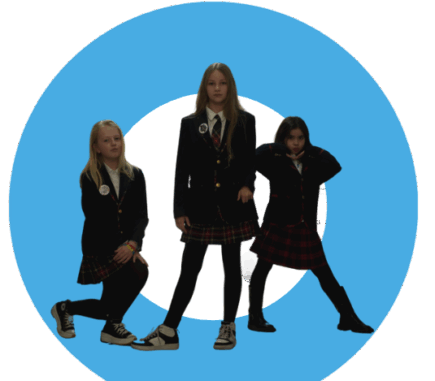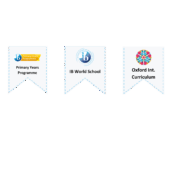♥ Loved and Trusted by Parents
Enroll in Maximilian Today!
Why Choose Maximilian?
- World-Class Curriculum: IB Primary Years Programme (PYP) for critical thinking and creativity.
- Personalised Learning: Small classes and dedicated teachers for individualised support.
- Global Community: Diverse, inclusive environment fostering responsible global citizens.


We’re rated 4.7/5 based on 27 reviews
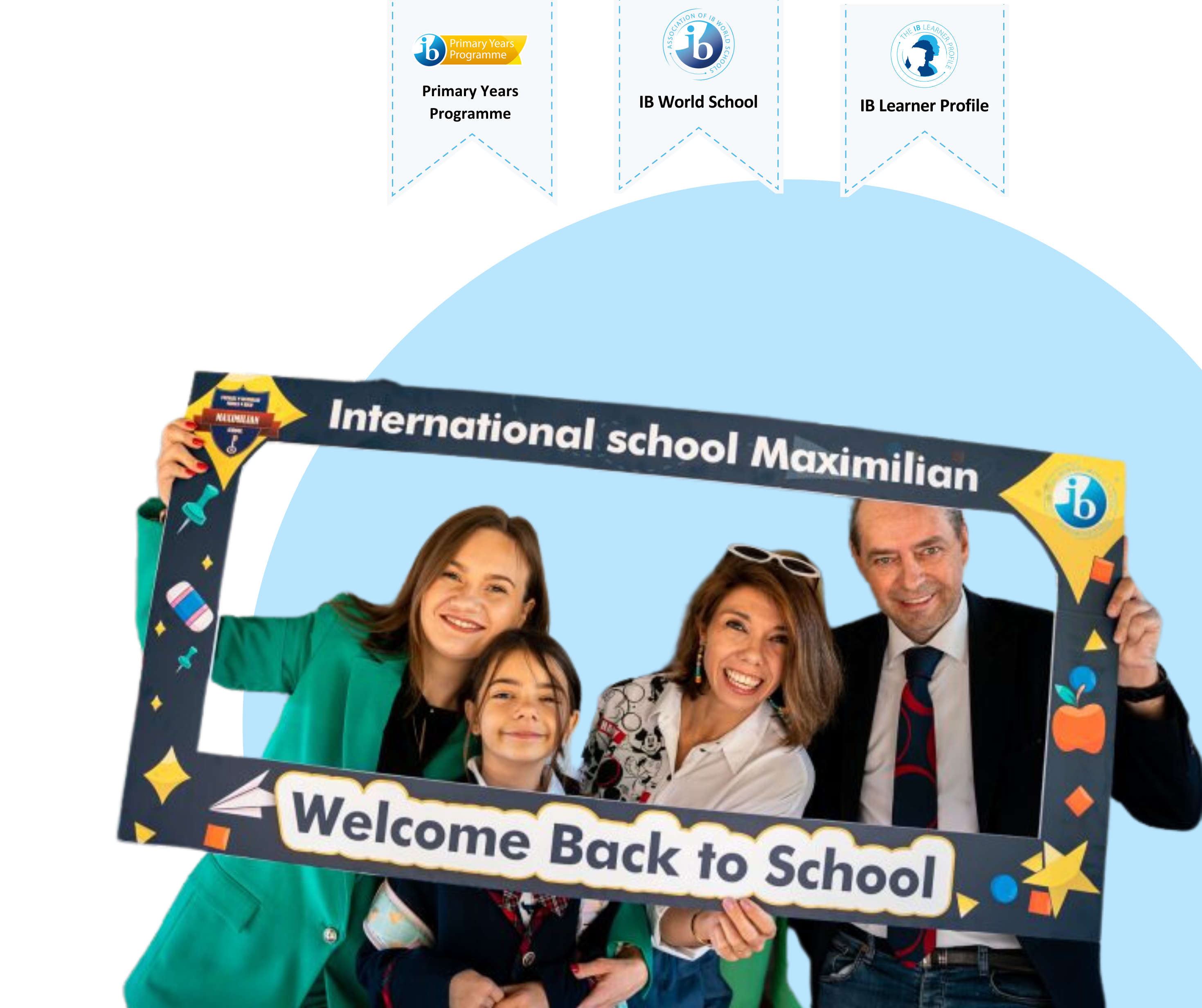


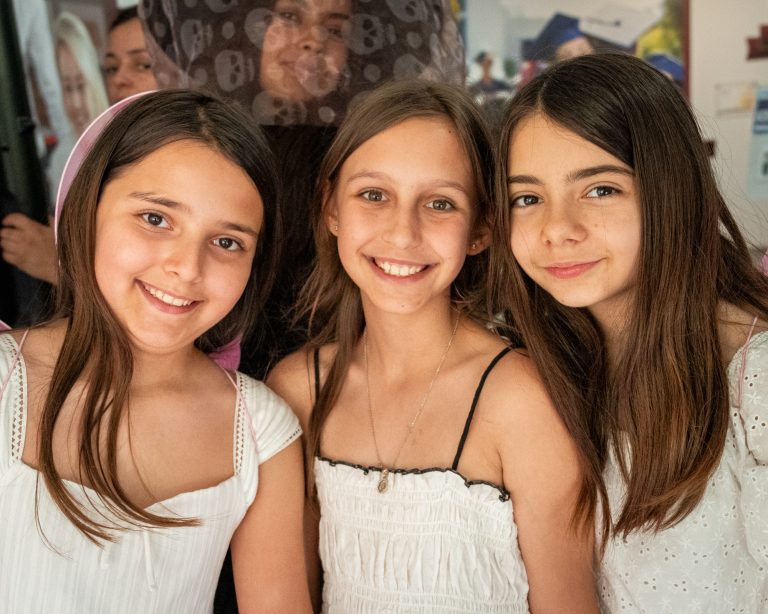
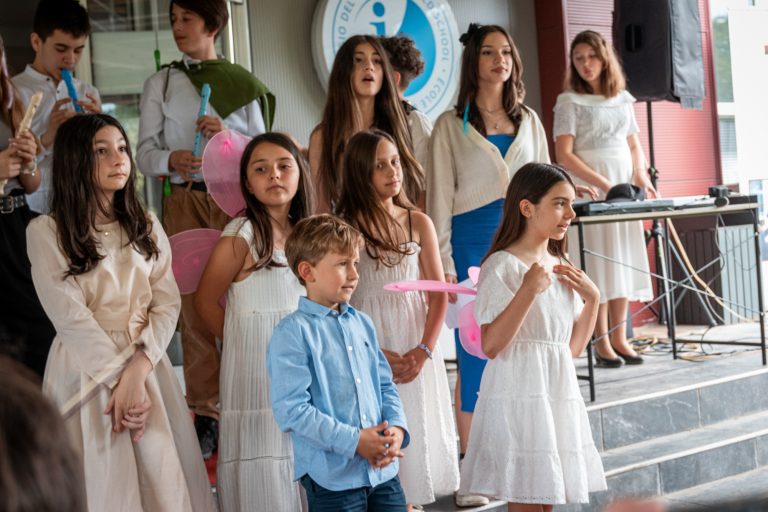
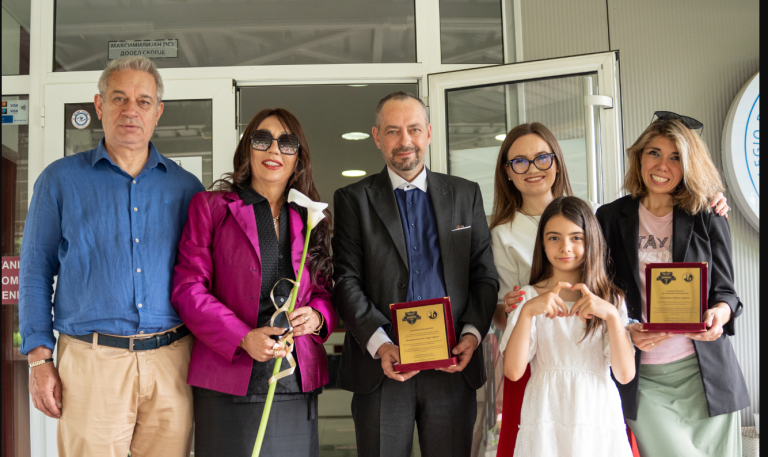
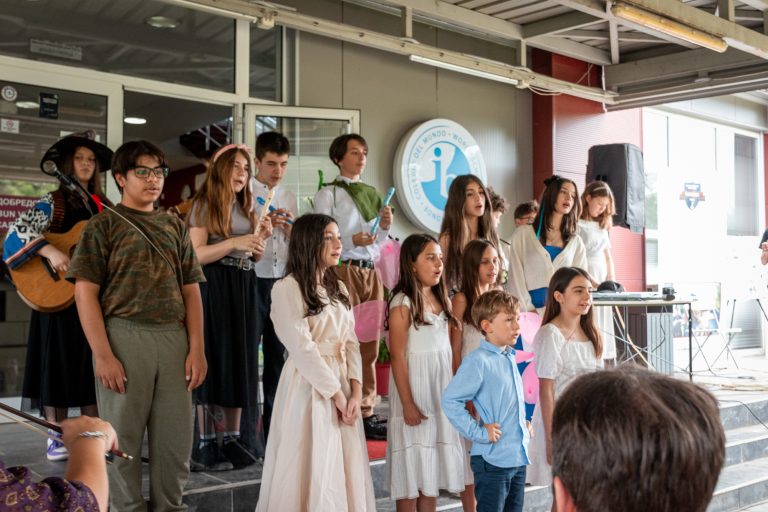
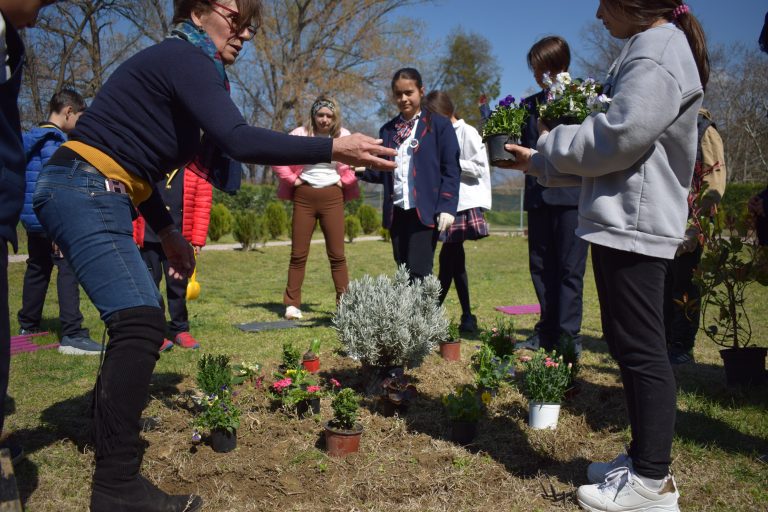
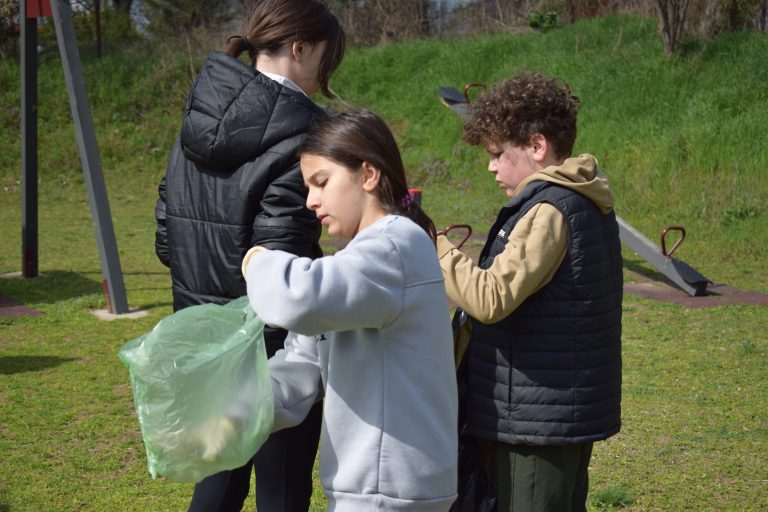
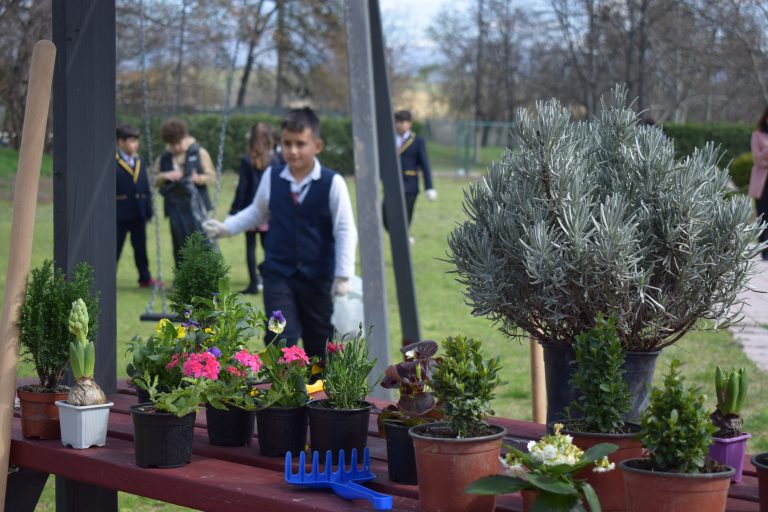
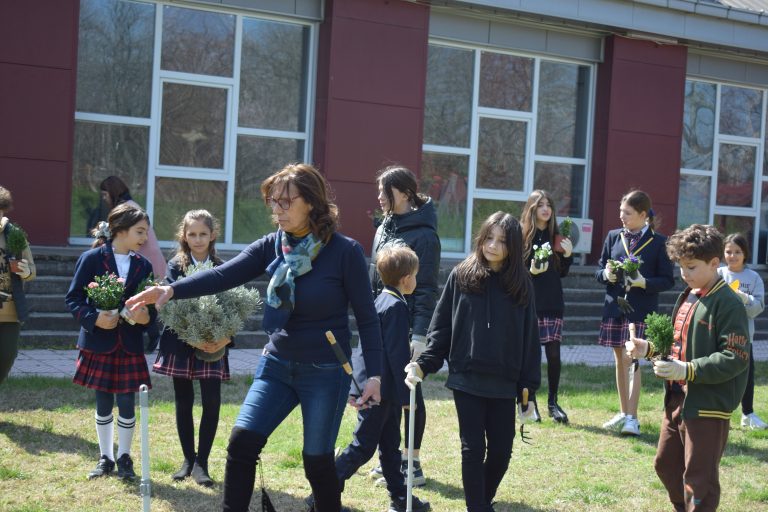
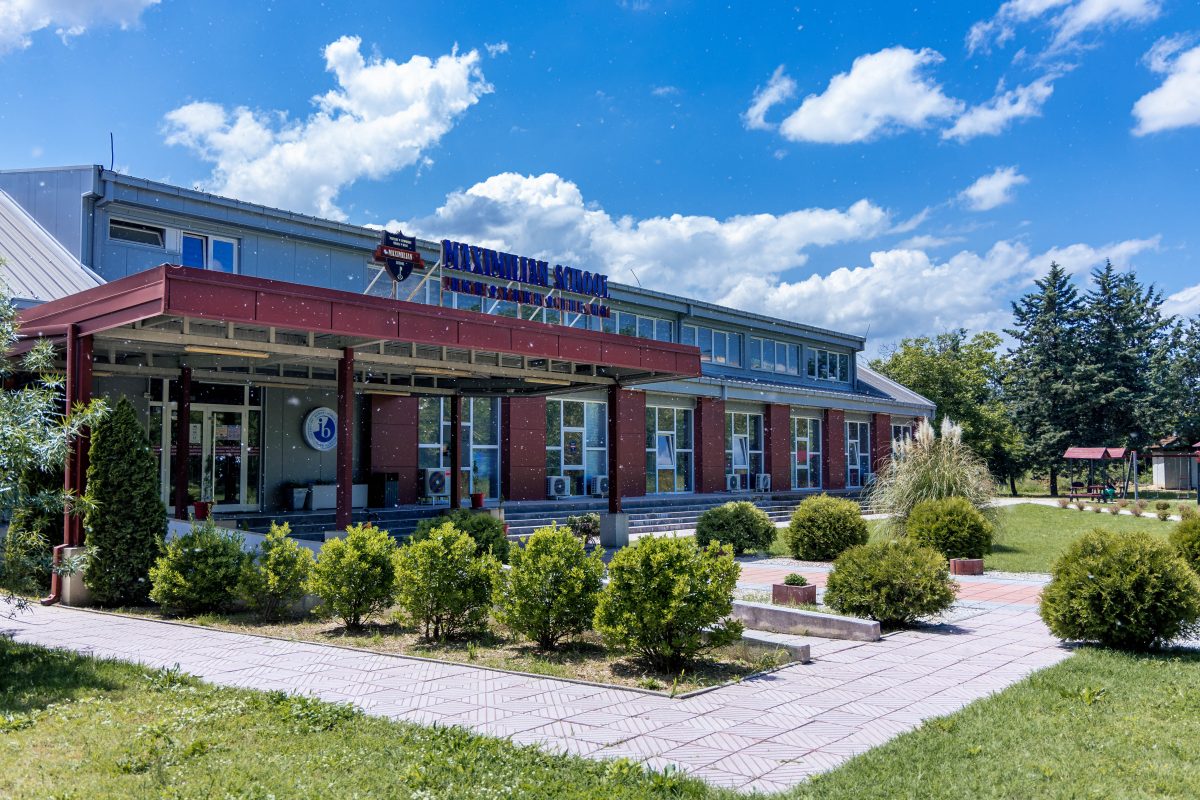
Over 100 parents Trusted their children education in our hands
- Primary Years Programme
- International Secondary Programme
- International High School
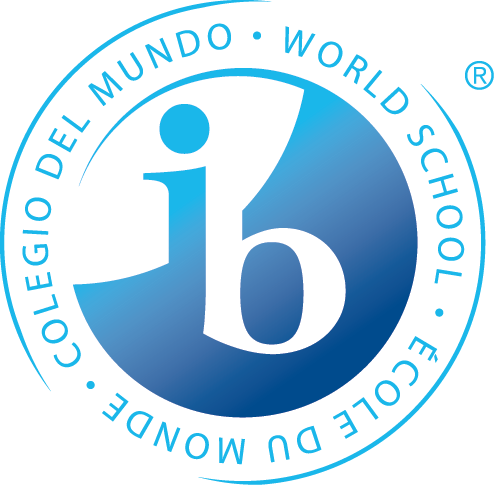
Ignite Curiosity and Creativity!
Our IB Primary Years Programme (PYP) nurtures inquisitive minds and encourages exploration. Your child will develop lifelong skills in a supportive environment.

Personalized Attention
With small class sizes, our dedicated teachers tailor learning to meet each child’s unique needs, helping them thrive academically and personally.
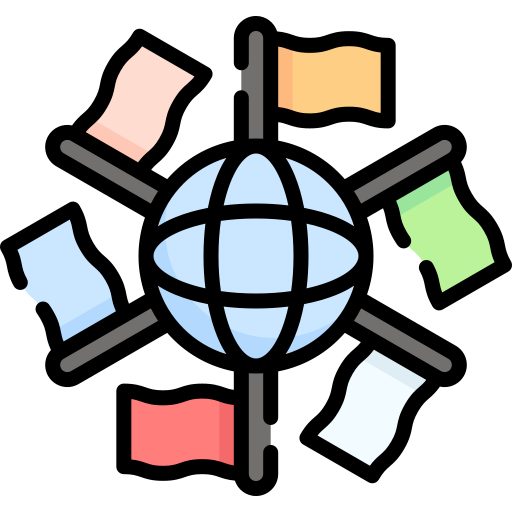
Global Education for a Bright Future
Our internationally recognized curriculum and diverse community prepare students to be compassionate and responsible global citizens. Enroll today for a world-class education and endless opportunities!


